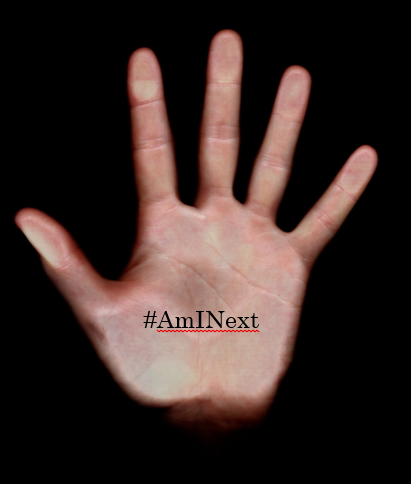Gender-Based Violence Information
Gender-Based Violence (specifically violence against women) in the form of rape, sexual assault and femicide is a national crisis we are facing as a country. According to Crime against Women in South Africa’s 2018 report (Report 03-40-05), 68,5% of reported sexual assault cases are women. It is also stated that South Africa has one of the highest rape figures in the world.
The recent murder of Uyinene Mrwetyana, a first-year film and media studies student at the University of Cape Town, has again highlighted the extreme violence faced by women in South Africa. Ms Mrwetyana’s was allegedly raped and murdered in a Cape Town post office. Her alleged killer is facing charges of rape, murder and defeating the ends of justice.
The Human Resource Library reports that Gender-Based Violence can have negative psychological consequences, which includes fear, mistrust of others, loneliness, post-traumatic stress disorder, loneliness, suicide, and substance abuse. GBV doesn’t just affect the individual, but also their family, friends and communities as a whole.
Survivors of Gender-Based Violence in South Africa who are suffering from the aftermath can reach out to the following organisations for help:
National GBV Helpline: 0800 150 150
LifeLine National Helpline: 0861 322 322
Johannesburg
Life Line: 011 728 1331 (Johannesburg)
: 067 019 0845/ 074 129 6960 (Soweto)
: 011 443 3555 (Alexandra)
Teddy Bear Clinic (children): 011 484 4554
Tears Foundation: *134*7355# (SMS Helpline)
: 010 590 5920
People Opposing Women Abuse: 011 642 4345
Cape Town:
Rape Crisis Centre: 021 447 97 62
The Counselling Hub (Woodstock): 021 462 3902
KZN:
LifeLine: 031 303 1344
Jes Foord Foundation: 0861 333 449
There are also Thuthuzela Care Centres throughout South Africa (including Eastern Cape, Free State, Gauteng, KwaZulu-Natal, Limpopo, Northern Cape, North West, Mpumalanga and Western Cape) that provide care and support (psychological, medical and legal) to rape survivors.
Follow this link to access a list of all their branches and their respective contact numbers: https://www.npa.gov.za/sites/default/files/resources/public_awareness/TCC_brochure_august_2009.pdf
Written by Marguerite Bergman, PsySSA SD





